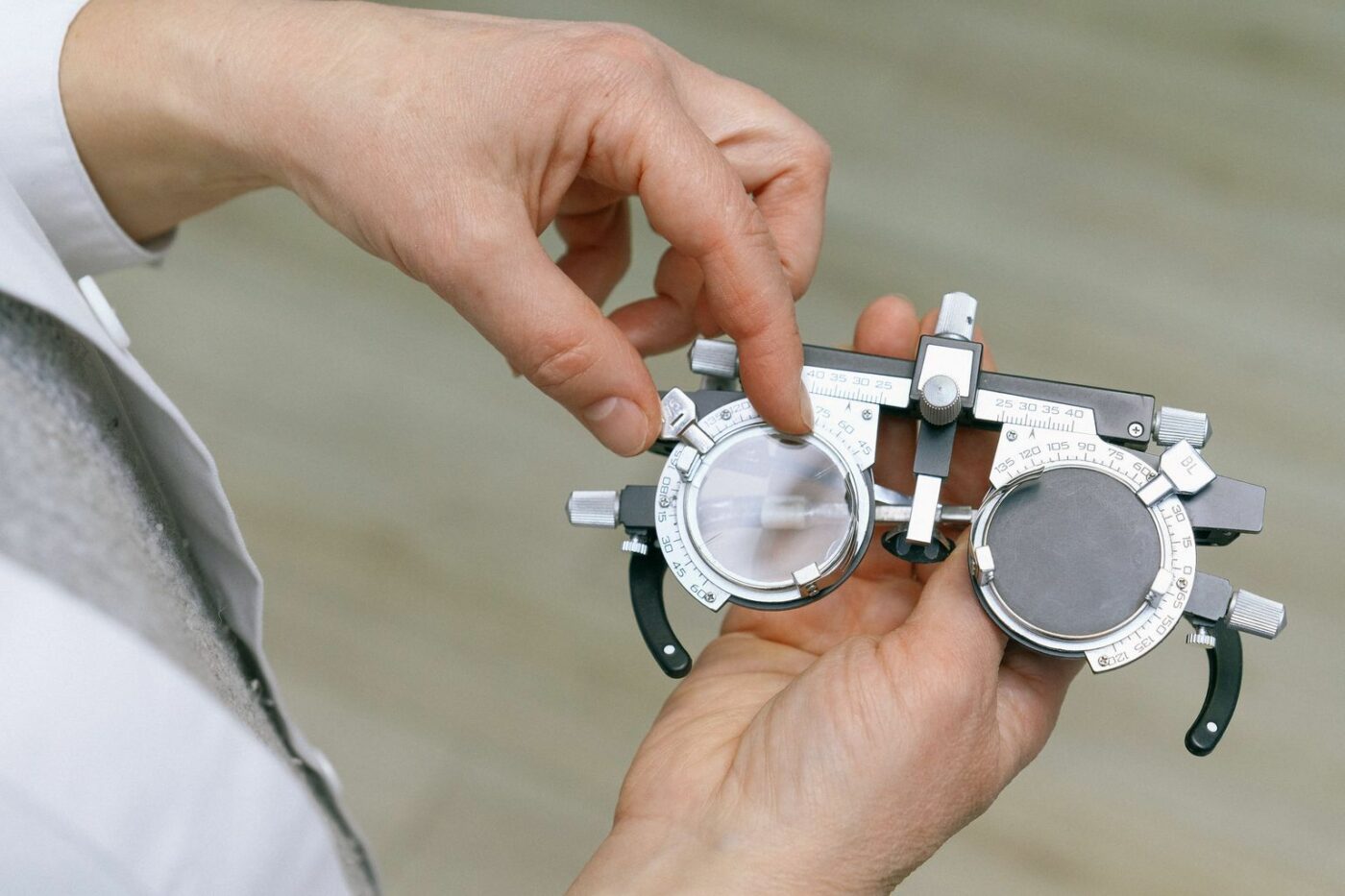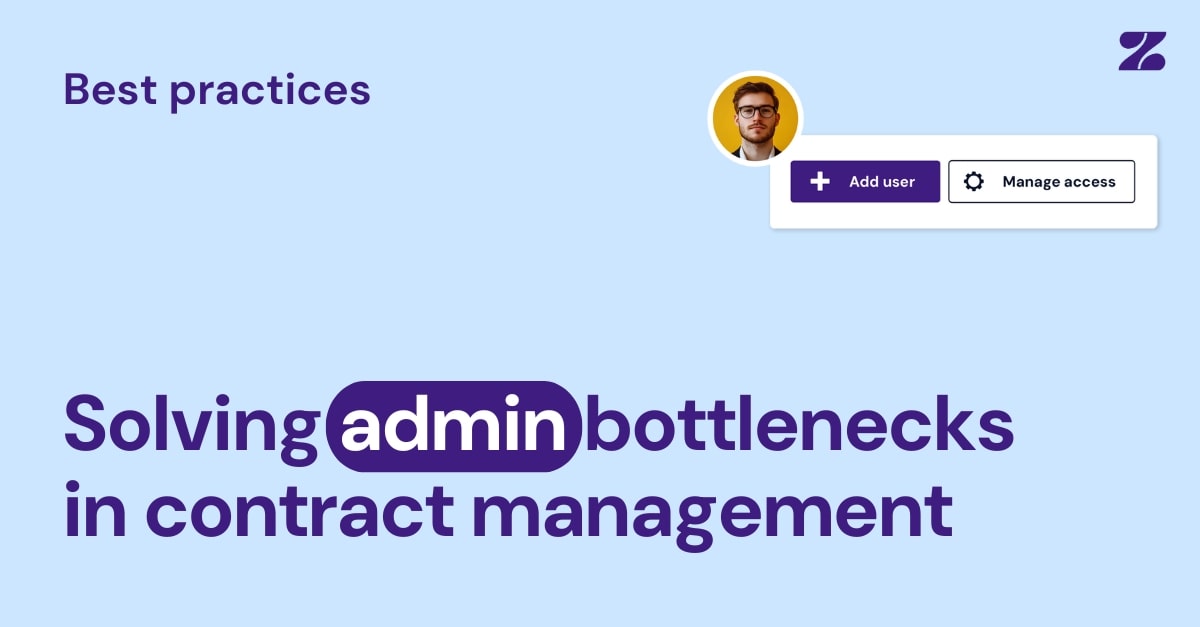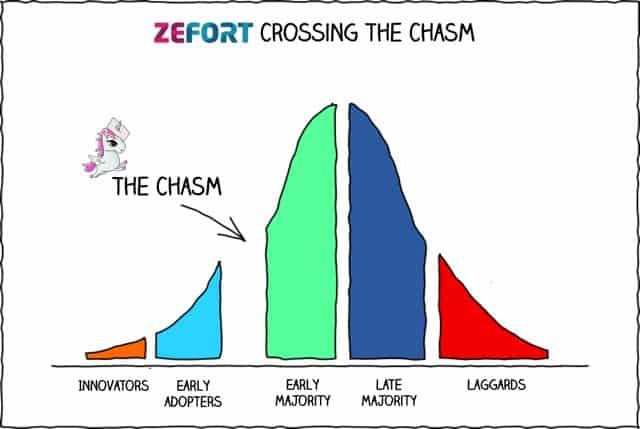Mastering Contract Negotiation in Procurement: Tips and Techniques for Success
Picture this: You’re standing on the precipice of a multi-million dollar deal that could skyrocket your company’s success and elevate your career to new heights. The only thing standing between you and your triumphant victory is…contract negotiation. Cue the ominous music. 🎵 But fear not, brave negotiator! In the complex world of procurement, mastering the art of contract negotiation is like having a superpower that can turn the tide in your favor.
So, if you’re ready to transform your negotiation skills from average Joe to deal-closing hero, fasten your seatbelts and embark on a thrilling journey that will empower you with tips and techniques to conquer the procurement negotiation battlefield.
Understanding Contract Negotiation in Procurement
Understanding contract negotiation is important as it allows procurement professionals to secure favorable terms and conditions, ensuring value for money. Effective negotiation requires an understanding of the market, the supplier’s capabilities, and the buyer’s needs.
For example, during contract negotiations, a buyer may leverage their purchasing power to negotiate better pricing or additional services. By honing negotiation skills and staying informed about market trends, procurement professionals can achieve favorable outcomes and enhance their organization’s bottom line.
Importance of Mastering Contract Negotiation in Procurement
Mastering contract negotiation in procurement is imperative for the success of any organization. It allows companies to secure favorable terms and conditions, ensuring cost-effectiveness and minimizing risks.
Here’s why mastering contract negotiation is crucial in procurement:
- Maximizing value: Skillful negotiation helps in obtaining the best possible deals, leveraging the organization’s position and influencing pricing, payment terms, and delivery schedules.
- Mitigating risks: Effective negotiation enables the inclusion of clauses to protect against potential risks, ensuring vendors adhere to quality standards, deadlines, and compliance obligations.
- Enhancing supplier relationships: Successful negotiations build stronger partnerships, fostering trust and open communication with suppliers, leading to improved collaboration and timely problem resolution.
- Ensuring legal compliance: Negotiating contracts ensures compliance with laws, regulations, and policies, safeguarding the organization from legal disputes and reputational damage.
- Adapting to changing circumstances: Negotiation skills allow procurement professionals to navigate unforeseen circumstances such as changes in market conditions, industry trends, or organizational needs.
By mastering contract negotiation, procurement professionals can optimize procurement strategies, delivering value, reducing risks, and fostering long-term supplier relationships.
Preparing for Successful Contract Negotiation
Researching the Procurement Market
Researching the procurement market helps you to identify trends, market behavior, and competitors’ pricing strategies. By understanding current market conditions, buyers can make informed decisions and leverage their purchasing power.
For example, researching the market might reveal that a competitor recently launched a similar project, providing insight into market demand and potentially leading to better negotiation terms.
Additionally, analyzing historical data can help detect patterns and anticipate future market trends, giving buyers a competitive advantage.
Identifying Stakeholders and Their Interests
Don’t skip the vital step of pinpointing your stakeholders and delving into their interests. Stakeholders can include suppliers, customers, internal departments, and regulatory bodies. By identifying who these stakeholders are, their specific interests, and how they may be impacted by the negotiation outcome, procurement professionals can tailor their approach and make informed decisions.
For example, suppliers may be interested in securing a long-term contract for stability, while customers may prioritize competitive pricing and quality. By understanding these interests, negotiators can find common ground and create mutually beneficial agreements.
Establishing Clear Objectives and Priorities
Establish clear objectives and priorities in the contract negotiation process. This allows both parties to align their goals and focus on the most important aspects. For procurement professionals, this means defining measurable objectives such as cost savings, delivery timelines, and quality standards. Priorities must be set based on the level of importance and potential impact on the overall procurement strategy.
For instance, if cost reduction is a primary objective, negotiations may revolve around obtaining better pricing terms or exploring alternative suppliers. By establishing clear objectives and priorities, procurement teams can effectively allocate resources, negotiate favorable terms, and ultimately drive successful outcomes in contract negotiations.
Effective Techniques for Contract Negotiation in Procurement
Building Rapport and Negotiation Skills
Establishing a positive relationship with the other party can create a favorable environment for reaching mutually beneficial agreements. By actively listening, asking open-ended questions, and showing empathy, negotiators can create trust and understanding. It is also crucial to understand the other party’s interests and priorities to find common ground.
For example, acknowledging their need for cost reduction and offering innovative solutions can lead to win-win outcomes. Effective communication and relationship-building skills are practical tools that can significantly impact the outcome of contract negotiations.
Creating Win-Win Solutions
Strive for a Win-Win Outcome: The essence of a successful negotiation lies in achieving outcomes that fulfill the needs and desires of all parties involved. This collaborative approach cultivates strong relationships and paves the way for lasting triumphs.
Take, for instance, a contract negotiation for technology services. Imagine a scenario where the buyer secures cost savings, and at the same time, the supplier maintains profitability—that’s the epitome of a win-win. Emphasizing win-win solutions allows procurement experts to optimize value and forge enduring supplier partnerships. Recognizing and comprehending the shared objectives and interests of both sides enables the crafting of inventive and mutually advantageous solutions.
Using Benchmarking and Market Data
Employing benchmarking and market data proves to be a powerful asset during contract negotiations. This tool yields crucial insights into present market dynamics, enabling procurement specialists to steer their decisions with wisdom. By juxtaposing pricing, terms, and conditions against industry benchmarks and competitive statistics, negotiators pinpoint areas where they hold influence, facilitating more advantageous deals.
Consider this: when benchmarking uncovers that a supplier’s pricing exceeds the industry norm, negotiators can leverage this insight to negotiate a price reduction. Market data doesn’t just stop there—it acts as a yardstick for assessing the competitiveness of proposals from prospective suppliers.
Leveraging Supplier Relationships
Leveraging Supplier Relationships is a crucial aspect of contract negotiation in procurement. Building strong relationships with suppliers can lead to favorable terms, cost savings, and improved service levels. Suppliers who feel valued and respected are more likely to offer discounts, provide priority access to materials, and collaborate on innovation.
For example, regularly communicating with suppliers and involving them in product development discussions can result in tailored solutions that meet specific needs. Additionally, maintaining a collaborative approach with suppliers can lead to faster dispute resolutions and smoother project execution.





